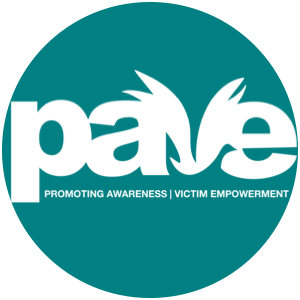STATES TAKING ACTION ON RIDE-HAILING APPS
STATES TAKING ACTION ON RIDE-HAILING APPS FOR INCREASED SAFETY MEASURES
In November of 2017, criminal investigators with the Colorado Public Utilities Commission issued a Civil Penalty Assessment Notice (CPAN) totaling $8.9 million for Uber “for allowing individuals with disqualifying criminal or motor vehicle offenses, or without valid licenses, to drive for the company.” The CPAN listed violations involving 57 Uber drivers who should not have been permitted to drive.
In November of 2017, the California Public Utilities Commission (CPUC) strengthened the background checks required for TNC drivers by requiring TNCs such as Uber and Lyft to use background screening firms accredited by the National Association of Professional Background Screeners (NAPBS) when conducting background checks on their drivers. The order requires each TNC to provide proof of NAPBS accreditation of their background check firm to the CPUC and conduct annual background checks on their drivers.
In October of 2017, the Maryland Public Service Commission (PSC) indicated “nearly 15 percent of new ride-hail drivers” were removed from apps over the past six months for failing state mandated screening “despite having passed Uber and Lyft’s background checks,” according to a report by The Washington Post. Maryland rejected 3,503 out of 24,608 applications evaluated since April 3, 2017 – approximately 14.2 percent – and the “rejections included 460 applicants with disqualifying criminal histories.”
In April of 2017, Boston.com reported that figures released by Massachusetts officials showed more than ten percent of drivers failed comprehensive background checks required under a state law for TNCs such as Uber and Lyft, with 8,200 drivers failing and more than 62,000 drivers passing the checks. Of the 1,400 TNC drivers who felt unfairly rejected after failing mandated background checks and appealed the license ban, 444 successfully overturned the decision, according to a follow up report from Boston.com.
Back in 2016, Uber and Lyft had entered into voluntary agreements with the Massachusetts Department of Public Utilities (DPU) to ensure the immediate implementation of the most stringent background checks for TNC drivers of any state in the nation. The agreements required Uber and Lyft to begin background checks for all TNC drivers operating in the Commonwealth by January 6, 2017, and guaranteed every TNC driver in the Commonwealth would have passed the state background check by April 3, 2017.
In February of 2017, New Jersey Governor Chris Christie signed the “Transportation Network Company Safety and Regulatory Act” (A3695) to license and regulate TNCs such as Uber and Lyft by requiring them in part to conduct criminal background checks on drivers. While TNCs are permitted to conduct their own screening, the Attorney General must approve the method the TNC or a third-party screening company proposes to use to conduct criminal background checks. The law took effect on May 1, 2017.
Lastly, in October of 2016, a law took effect in Rhode Island – S 2864 as Amended – that required TNCs such as Uber and Lyft who use third party screening firms for the background checks of potential drivers to only use firms that are accredited by the NAPBS. Besides requiring driver background checks only from NAPBS accredited screening firms, S 2864 – which was passed in June of 2016 – also placed Uber, Lyft, and other TNCs under the oversight of the Rhode Island Public Utilities Commission.
Source: http://www.esrcheck.com/wordpress/2017/12/14/transportation-network-companies-such-as-uber-and-lyft-will-face-more-scrutiny-over-background-checks-in-2018/
